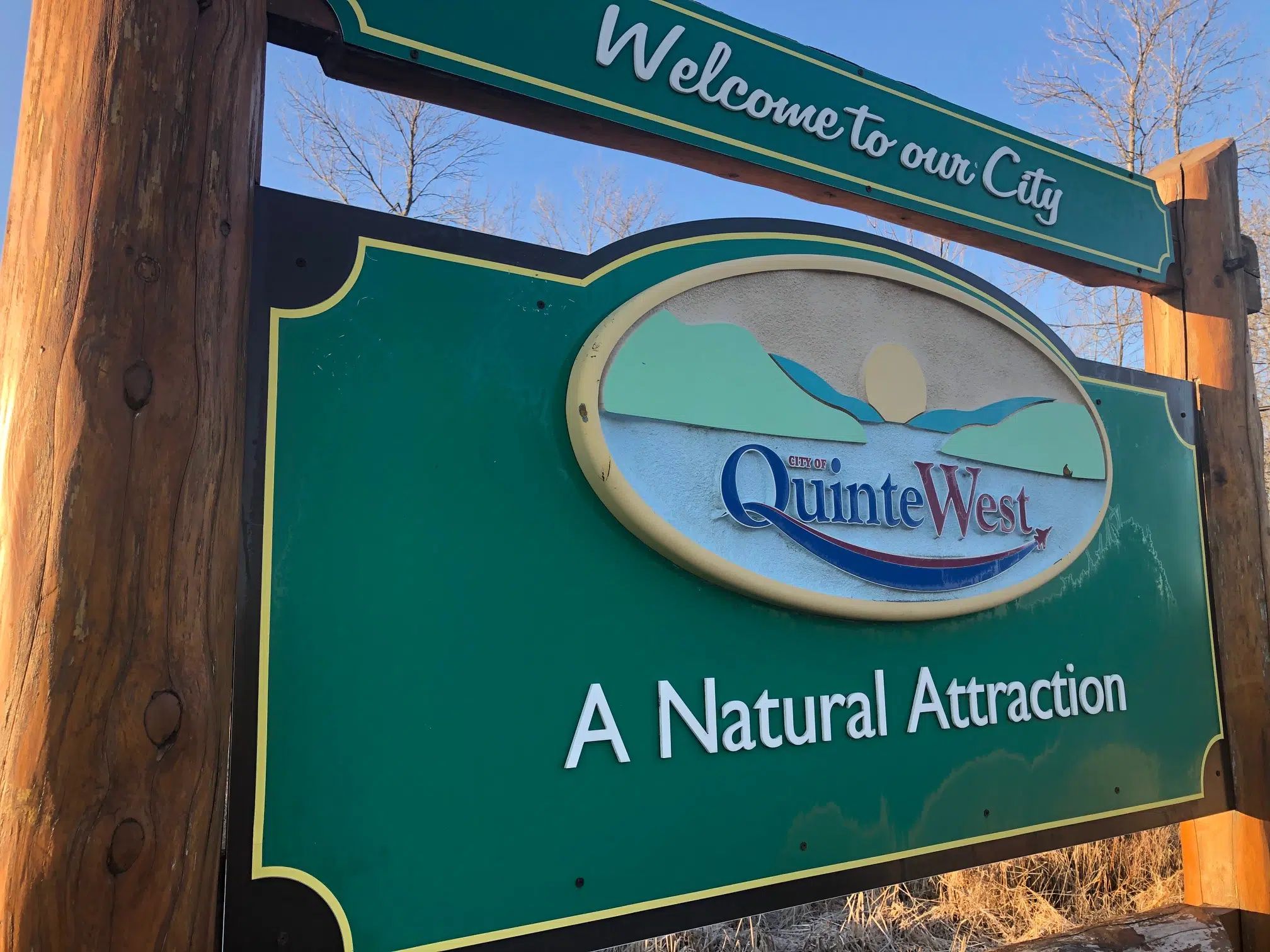Quinte West council had a “high level” look at not only a budget for this year but for the next four years Tuesday afternoon.
Judging by council’s reaction to the presentation, a final decision on the budget will be anything but a slam dunk.
As we previously reported, staff is suggesting a four year budget cycle with a 4% levy increase each year for capital projects alone.
Also, for the operating budget, staff is proposing a 6.25% increase in the first of the four years, trending down after that to 2.49% in the 2026, the final year of the cycle and council’s term.
That means that in year one, Quinte West residents would face a 10.25% tax increase, about $320 a year on the average property in the city.
That increase would bring the tax-supported budget from $89,353,575 last year to $96,796,130 this year.
Staff explained that previous low tax increases approved by past councils – increases that didn’t make up for inflation – have diminished the city’s financial flexibility.
Throw in recent skyrocketing inflation and staff say revenues need to be increased to keep services up to standard and build new or expanded facilities for a growing
community.
Director of Finance Caleb DenOuden gave these shocking examples of the effects of inflation. “Fuel cost us $500,000 more last year and sand and salt $300,000 more.”
External Agencies such as Quinte Recycling, Hastings-Prince Edward Public Health, and Hastings County will cost Quinte West another $1.8 million, or 6.8% more
this year. Only the Ontario Provincial Police is presenting a budget that is lower than last year’s.
Staff also noted that Quinte West has lower taxes per capita than either Belleville or Prince Edward County, at $1,158. Prince Edward County’s per capita taxes are $1,642 while Belleville’s are
$1,925.
All on council understood the challenges posed by inflation, with some, such as Councillor Don Kuntze and Councillor Zack Card, commenting that past councils should
have been more responsible and passed along higher tax increases or cut spending instead of borrowing for capital.
In the end everyone on council said hitting residents with 10.25% tax increase this year was non-starter with residents already reeling from food, fuel, and mortgage rate increases themselves.
Instead of a 4% yearly capital levy, council directed staff to come back with a capital plan at 2.5%. All councillors believed that some projects on the staff’s list
could be safely delayed or ignored for some time.
Council made no decision on operating budget increases.
More detailed discussions will take place at a special council meeting February 15 at 3 p.m.






